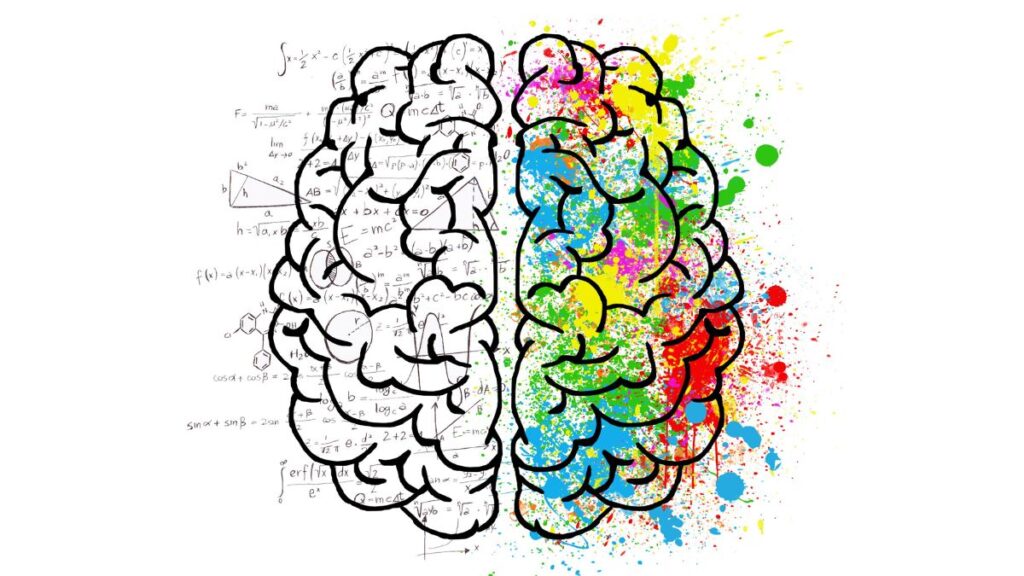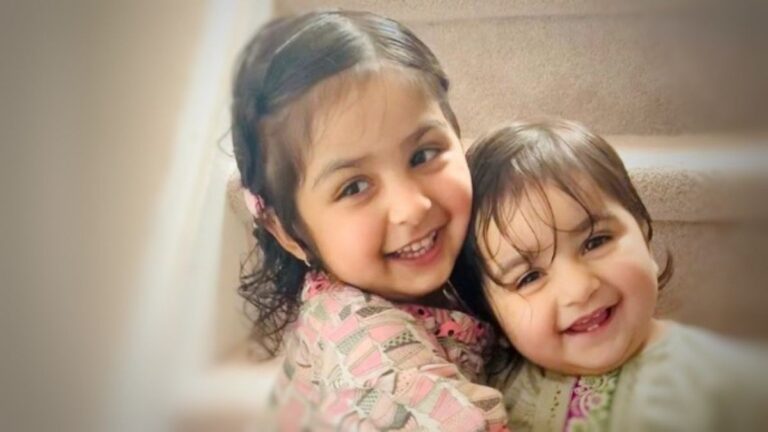Neurodivergence in Children
Why has this world created a control or standard for normalizing things? Anything or anyone that deviates from the control is considered abnormal, irregular, unhealthy, or whatever word fits in according to the type of thing or person we are talking about. Likewise, behavioral issues that are pronounced “misfit” for a certain person, could be normal behavior for another. This is where we are going wrong. Neurodivergence in children is so much more common than one would think.
What is neurodivergence?
Neurodivergence is a non-medical term that is used to describe people whose brain works differently. It’s not an illness; it’s just how the brains of some people work.
This difference in the performance of the brain can sometimes result in the person being labeled a misfit in society and could be deemed abnormal for this slight deviation from the standard functioning of the brain. Neurodiversity covers the aspects of both brain and cognition, which includes learning, sociability, mood, and other mental health aspects.
Types of neurodivergence in kids

Some of the most common neurodivergent disorders are:
Autism
Kids with autism are socially challenged and have a hard time communicating and interacting. They also show signs of repetitive behaviors and interests.
ADHD
ADHD develops during childhood and is carried through adulthood. People with ADHD are attention deficient, hyperactive, have trouble paying attention, and are impulsive.
Learning Disabilities
It includes disabilities like Dyslexia (or trouble with reading), Dyscalculia ( or trouble with mathematics), and Dysgraphia (or trouble with writing). These are cognitive impairments, which hinder children’s ability to analyze and produce certain information.
Bipolar Disorder
People with bipolar disorder have two moods, either they are too depressed or are too energetic or manic. They don’t necessarily swing back and forth but have episodes or periods of mood changes.
Tourette Syndrome
The syndrome marks the sporadic movement or sounds also known as tics. These are repetitive moments, uncontrollable, rhythmic, and sudden movements that can happen at any time. This is a nervous system disorder and has no cure known to science for now.
Epilepsy
Epilepsy is again a nervous system disorder that results in seizures caused by the variation of electrical activity in the brain. Epilepsy can not be cured completely but can be controlled using multiple medications. It occurs due to genetic factors, head trauma, and complications during delivery.
OCD(Obsessive Compulsive Disorder)
OCD is an anxiety disorder. A person with OCD shows restless and strange behavior and shows signs of repetitive and compulsive behavior to release anxiety.
What counts as being neurodivergent?

Neurodivergence doesn’t imply that the child is medically unfit or ill. So what counts as neurodivergent? Simply said, it just represents their unique way of processing thoughts, unlike other kids of their age group.
Neurodiversity has shaped today’s world with unique representations and ideas that might not have been possible with the standard way of thinking. Perhaps you can understand better if we say that these children like “thinking out of the box”. Several innovations and technologies that exist in current times are basically due to these neurodivergent people thinking out of the box. Many accomplished names associated with scientific discoveries back in the time showed signs of neurodivergence, for example, Albert Einstein, Marie Curie, Vincent Van Gogh, Nikola Tesla, and Greta Thunberg.
Neurodivergence can be diagnosed as early as 12 months. Some signs of Neurodivergence are:
- Lack of communication
- Lack of eye contact
- Unusual Behavior or repetitive movements, such as tics, rocking, shouting, and fidgeting.
- Awkward responses to any change in stimuli such as light, some specific movement, or sounds.
- Difficulty in reading or writing
- Interpreting materials
- Lack of Self Control
While Neurodivergence can cause restlessness and problems in life, it can also make complex things easier. People with Neurodivergence have strong observational skills, they can stay focused for longer periods without losing interest, they have better decoding skills and their thinking ability is unique and as mentioned earlier.
Neurodivergent people are well suited for fields such as art, music, technology, and science. These people are equally capable and acquitted with knowledge. They can get any job or carry out any tasks if they are given a suitable environment to thrive. Since neurodivergent people are preliminary to technology, better software and interpreters in their working space could help them easily finish their tasks.
Are gifted children always neurodivergent?
Neurodivergent kids are usually highly talented and of higher cognitive ability than others, hence are sometimes claimed to be gifted. With the variety of problems they have to see in their lives due to certain inabilities, they have exclusive capabilities to endure all of it. This is because they tend to get innovative, even adapt themselves deliberately and purposefully, listen and observe more, and are more diversified. A neurodivergent mind sets the bar much higher than usual, challenges norms, and expects more from the world. Neurodivergent children are often a challenge to themselves with stellar imagination, unusual logical interpretation, and different perspectives. However, strictly as an answer to the question, no gifted children aren’t always neurodivergent, but most of the time, there’s a clear difference.
Test for neurodivergence
Since neurodivergence is a kingdom under which many of the learning and social disabilities lie, it can be easily self-diagnosed by different self-tests, symptoms, and even neurodivergent music tests. Once the initial diagnosis is made, you can approach a psychologist for further analysis of the category you fit in.
How do I know if my child is neurodivergent or neurotypical?
To diagnose whether your child is neurodivergent or neurotypical, you need to make a close observation of his speech, language, and social skills. If he has a problem with any of these, then he is most probably neurodivergent. On the other hand, neurotypical refers to people who are not neurodivergent and have typical neurological development and functioning. If you are still concerned, maybe you can take a few tests available online, or better yet, visit a good psychologist for an assessment.
Tips for parenting neurodivergent children

No matter what the kid is diagnosed with, it’s very important for the parents to understand the symptoms, and to seek therapy to help the neurodivergent kids to reach their full capacity without undermining them for their weaknesses.
The parents need to take a deep breath and need to learn self-control and patience with their kids. They should also reflect positivity and embrace their kids’ weaknesses with an open heart. Knowing the weaker areas of their kids, they should focus on fields and areas where they are more prone to achieving.
They should never respond to anger with anger. Parents need to understand that whatever behavior their kids are engaging in, it is unintentional and hence cater to their demands accordingly. Regular therapies and counseling should be taken to understand and stabilize the symptoms if any. It is always best to make a routine with your kids; learn to set a pattern for your kids to avoid confusion and forgetfulness due to their neurodivergence.
Neurodivergence can’t be cured but the symptoms can always be minimized. Parents with neurodivergent kids are lucky, and they have to understand that “no two brains are the same.” The sooner they get the hang of their children’s conditions, the easier it would be to live a happy life ahead.
- How to Raise Awesome Parents: A Guide by the World’s Coolest 5-Year-Old - December 22, 2023
- How to Use Sight Words: Strategies for Mastering Common Words - August 4, 2023
- Understanding Dyslexia: Nurturing the Unique Reading Journey of Dyslexic Readers - July 31, 2023







